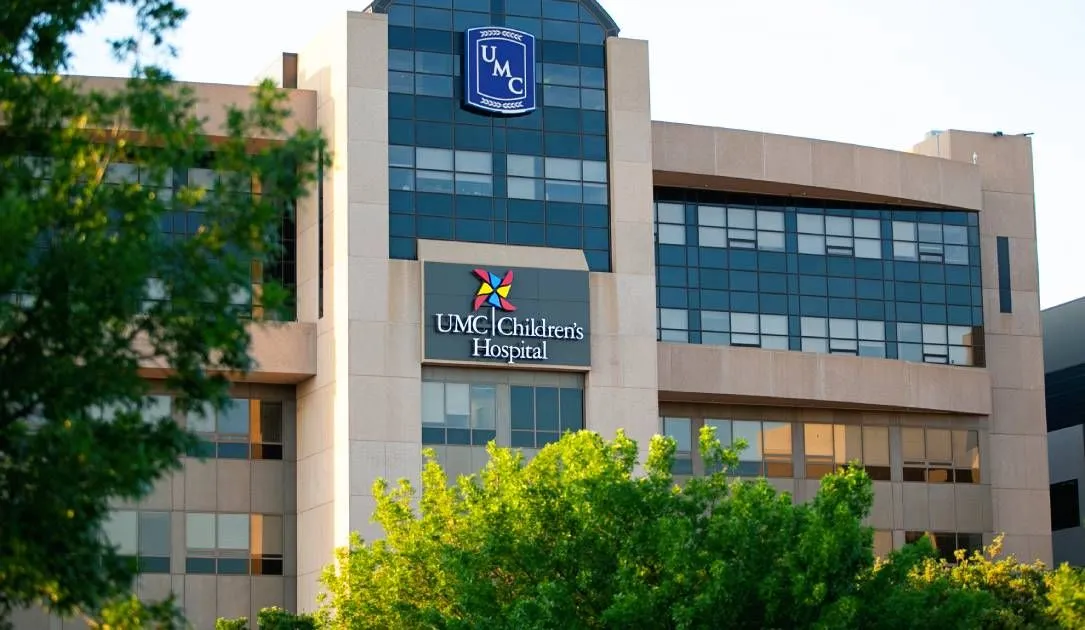Ransomware Attack Disrupts Operations at University Medical Center in Lubbock, Texas
In a shocking turn of events, one of the largest hospitals in West Texas, the University Medical Center (UMC) Health System in Lubbock, has been forced to divert ambulances following a ransomware attack that crippled many of its systems last Thursday. This incident has raised significant concerns, especially considering that UMC is the only level 1 trauma center within a 400-mile radius.
The Attack and Immediate Response
On Friday, UMC confirmed that the IT outages affecting its operations were indeed the result of a ransomware incident. In response to the attack, the hospital system announced that it would temporarily divert incoming emergency and non-emergency patients via ambulance to nearby health facilities until access to its systems could be restored. This decision underscores the severity of the situation, as the hospital plays a critical role in providing urgent medical care to the region.
The hospital has engaged third-party experts who specialize in addressing similar cybersecurity issues to assist in their response and investigation. However, the recovery team has not provided a timeline for when services might be fully restored, leaving many patients and staff in a state of uncertainty.
Impact on Patient Care
While many of UMC’s clinics remain open, they are operating under "downtime procedures," which means that patients can expect delays in service. Hospital staff currently lack access to electronic patient records, making it difficult to provide timely care. Patients are being advised to bring physical copies of their prescriptions and other relevant medical information, as doctors may not have access to their usual digital resources.
The disruption extends to radiology systems, which are down across several clinics, and phone services are reportedly intermittent. This has created a challenging environment for both patients and healthcare providers, as the usual flow of information has been severely hampered.
Communication with Patients
In light of the ongoing crisis, UMC is actively reaching out to patients who had appointments scheduled during the outage. The hospital is providing instructions on how to proceed, ensuring that those affected are kept informed despite the operational challenges. This proactive communication is crucial in maintaining trust and transparency with the community during such a tumultuous time.
The Broader Context of Cybersecurity in Healthcare
The ransomware attack on UMC is not an isolated incident. Earlier this year, the hospital system had already notified thousands of individuals about a data breach that exposed sensitive information. As of Monday afternoon, no specific ransomware group has claimed responsibility for the latest attack. However, several other hospitals across the U.S., including Weiser Memorial Hospital, have reported significant technology outages due to similar cyber incidents.
This growing trend of cyberattacks on healthcare facilities has alarmed experts and policymakers alike. In response to the increasing frequency of such attacks, two prominent members of Congress recently introduced a new bill aimed at better preparing U.S. hospitals and healthcare networks for cybersecurity threats. The proposed legislation would allocate billions in funding to hospitals, mandating the adoption of minimum cybersecurity standards and requiring stress tests to assess their ability to recover from cyber incidents.
The Financial and Operational Scale of UMC
UMC operates with an annual budget exceeding $800 million and employs approximately 4,900 staff members. The hospital system encompasses multiple facilities, including specialized centers focused on children’s health and cancer treatment. Given its size and scope, the impact of this ransomware attack is not only felt by the hospital staff but also reverberates throughout the entire West Texas community, which relies heavily on UMC for critical healthcare services.
As the situation unfolds, the focus remains on restoring normal operations and ensuring that patient care is not compromised. The incident serves as a stark reminder of the vulnerabilities that healthcare systems face in an increasingly digital world, highlighting the urgent need for robust cybersecurity measures to protect sensitive patient information and maintain the integrity of healthcare services.
